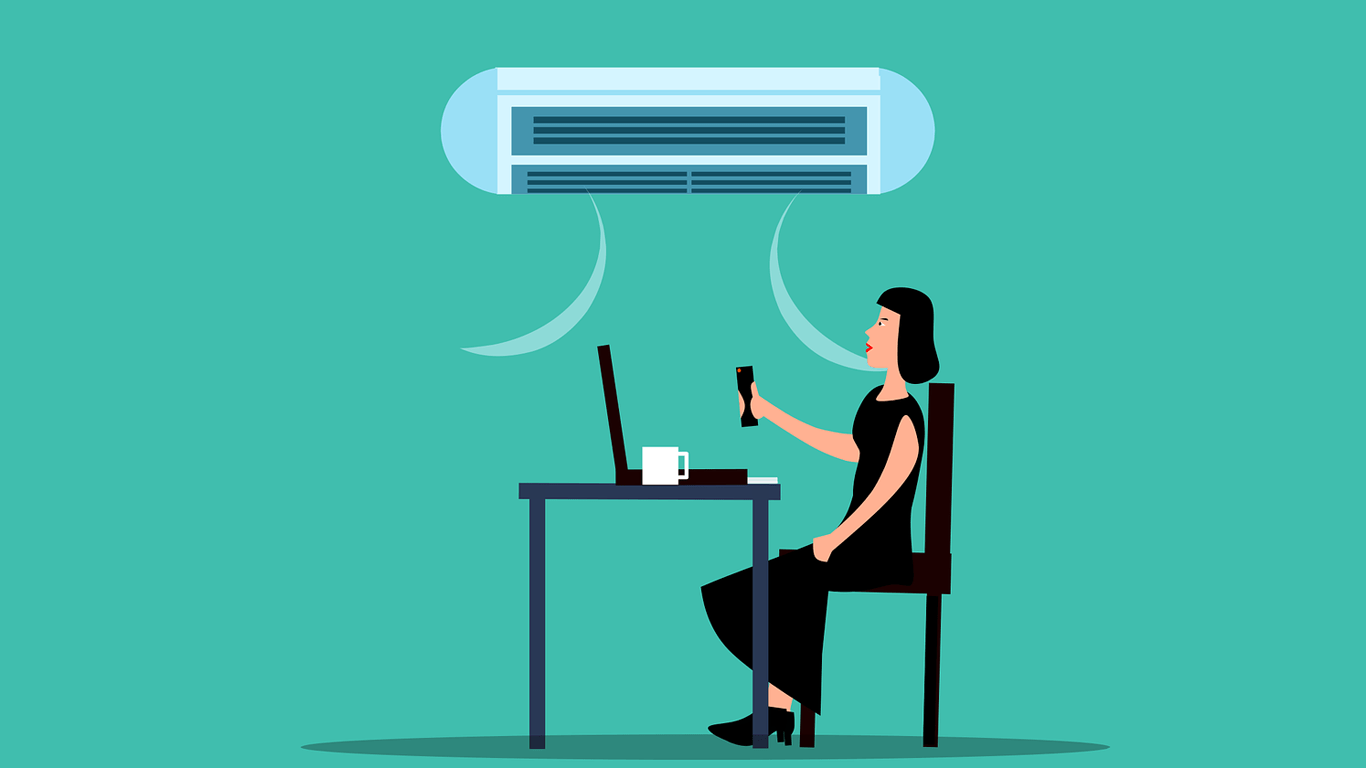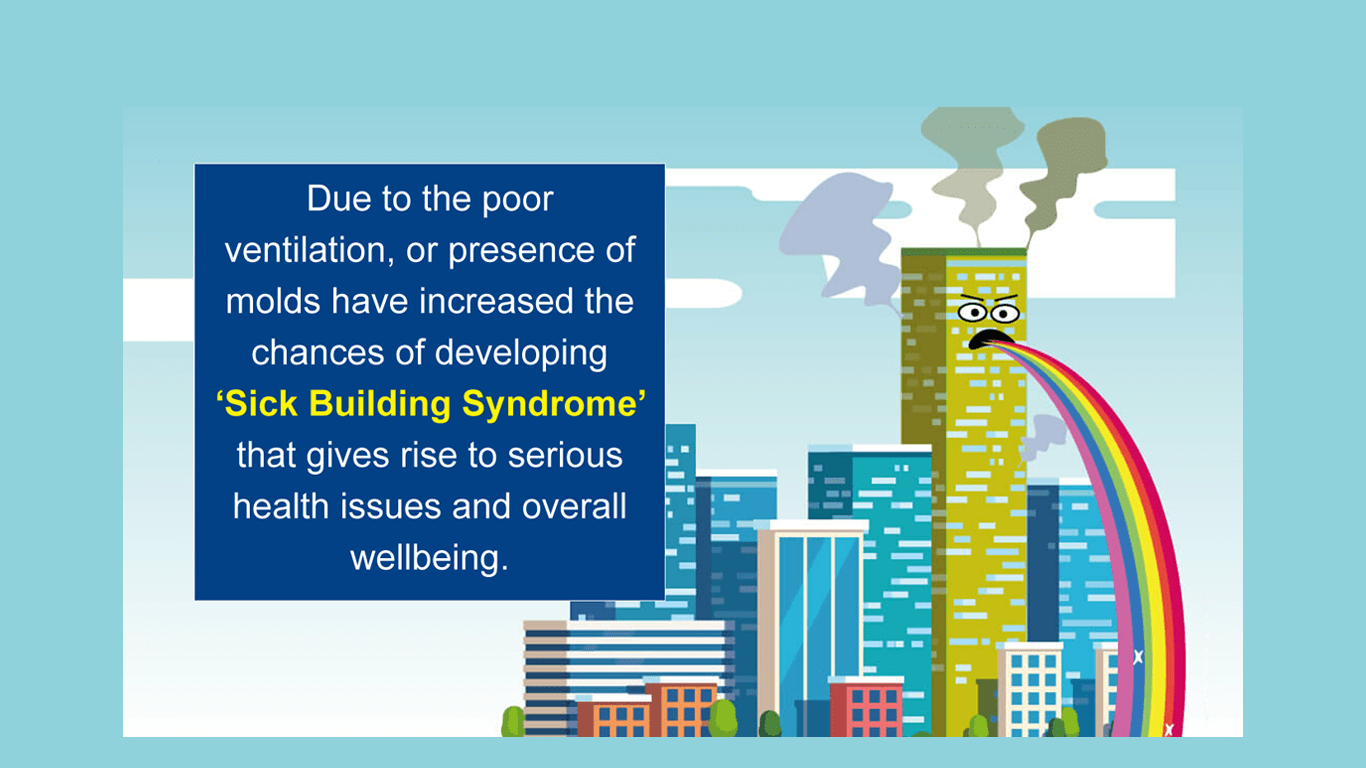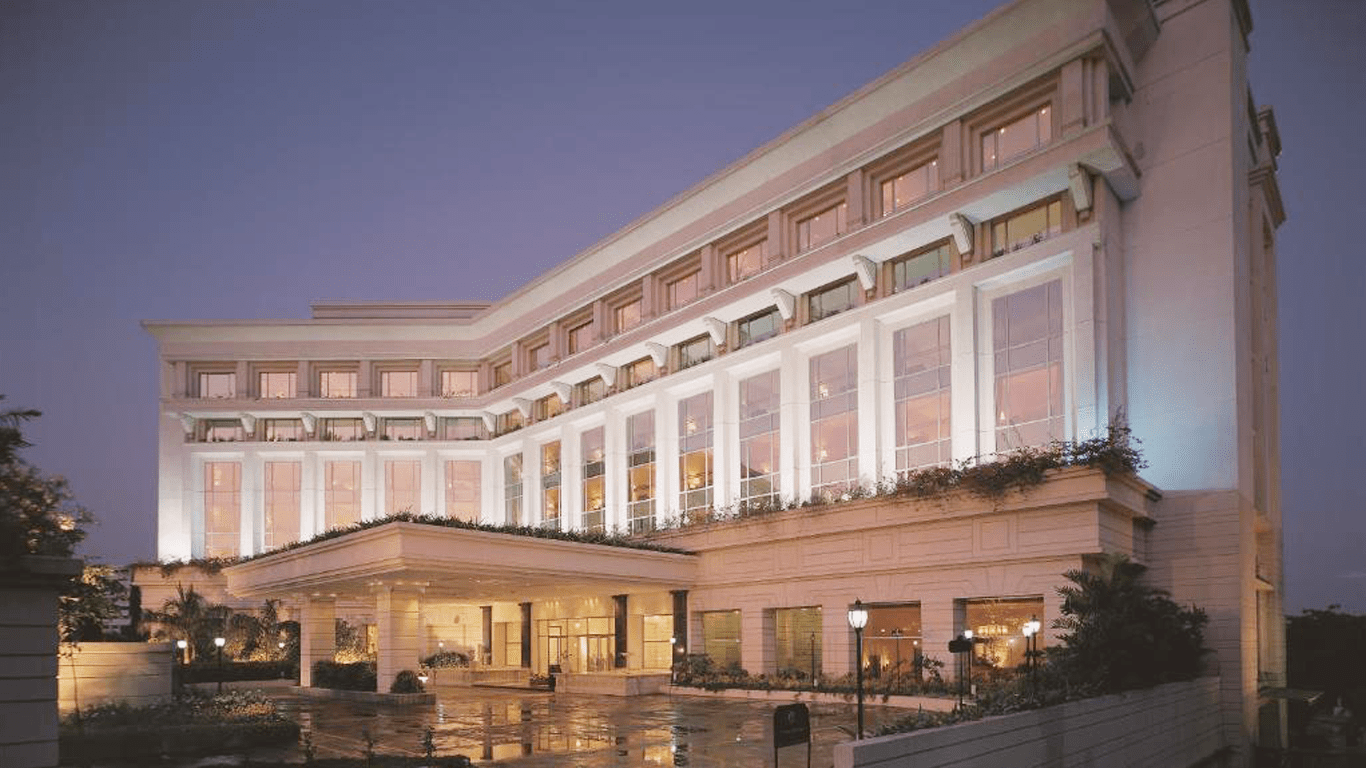This content has been authored by Varun Pahwa, President, Desiccant Rotors International (DRI)
With low pangs of summers already being felt, people will be more prone to spend time indoors to beat the heat outside. There will be many who will be taking a sigh of relief thinking that now they will be free from the poor Indoor Air Quality (IAQ) menace prevalent during winters. But in reality, the issue of poor IAQ is a persistent issue all-round the year. It only gets worsened in summers with centralized air conditioning systems in the enclosed spaces that leave no space for the influx of fresh air and only stale air keeps circulating in the building.
The impact is felt even more starkly in industries like healthcare, construction, factories, hotels, airports, given to their packed, and complex structure that deteriorates the air quality within the premises. Moreover, these places often being huddled with large crowds compounds the problem.
As a result, there have been rising instances of ‘Sick Building Syndrome’ which is a serious threat to the health and overall wellbeing of the person. Additionally, the poor IAQ is also responsible for a wide range of issues like breathing problems, lethargy, pain in the eyes, and other long-term illnesses.
In order to arrest the issue, people need to be aware that the indoor air can easily get influenced by the outdoor air and is 10 times worse and more harmful because of restricted airflow in the enclosed area. It is not just the metropolitan cities that get affected but even the surrounding cities face the menace of poor indoor air quality.
Hence, highly efficient building management systems must be installed in centrally conditioned spaces such as office complexes, homes, malls, hotels, restaurants, auditoriums, and various other closed premises to not just deal with the contaminants/pollutants generated indoors but ensure that outdoor pollution like PM 2.5, PM10, VOCs as well other gaseous contaminants are not brought inside enclosed spaces through conditioning systems.
Understanding that the major cause of poor IAQ is the lack of clean fresh air in the buildings which only worsens with the presence of moisture, ensuring proper ventilation is the best solution to improve indoor air pollution. It dilutes the contaminated air indoors by utilizing the fresh air from outside. With the help of this approach, one can thoroughly clean the outside fresh air and introduce it into the building, maintaining positive pressure inside the building.
Here, HVAC&R systems are highly efficient in ensuring proper ventilation and are backed up with a wide range of advantages. It not just renders acceptable indoor air quality but also provides thermal comfort in the enclosed space. The system employs advanced desiccant technology that uses hygroscopic substances to suck moisture from the air in order to maintain the proper RH and cool down the indoor spaces. One of the primary benefits of this technology is that it tones down the air according to the requirement of the given space. The Energy Recovery systems ventilate the conditioned spaces without compromising on air conditioning load. Owing to this mechanism there is substantial reduction in the use of energy and utility costs.
Along with HVAC&R system installation, people must also be agile enough to adopt green building designs. Green Building Councils across the globe are playing a critical role in promoting awareness and certifying the importance of Indoor Air Quality in our day-to-day lives. The advanced buildings help in striking the right balance in the indoor air quality that does not compromise on the comfort of the people but at the same time coherently contribute to reducing the energy consumption of the building with the help of green products. These buildings are the most viable solution as it highly maintains proper relative humidity (RH) and prevents any growth of mold, mildew in the enclosed atmosphere.
With advanced systems in place and efficient air purifying systems, maintaining good indoor air quality, even in large spaces has become a cost-effective and doable affair.




